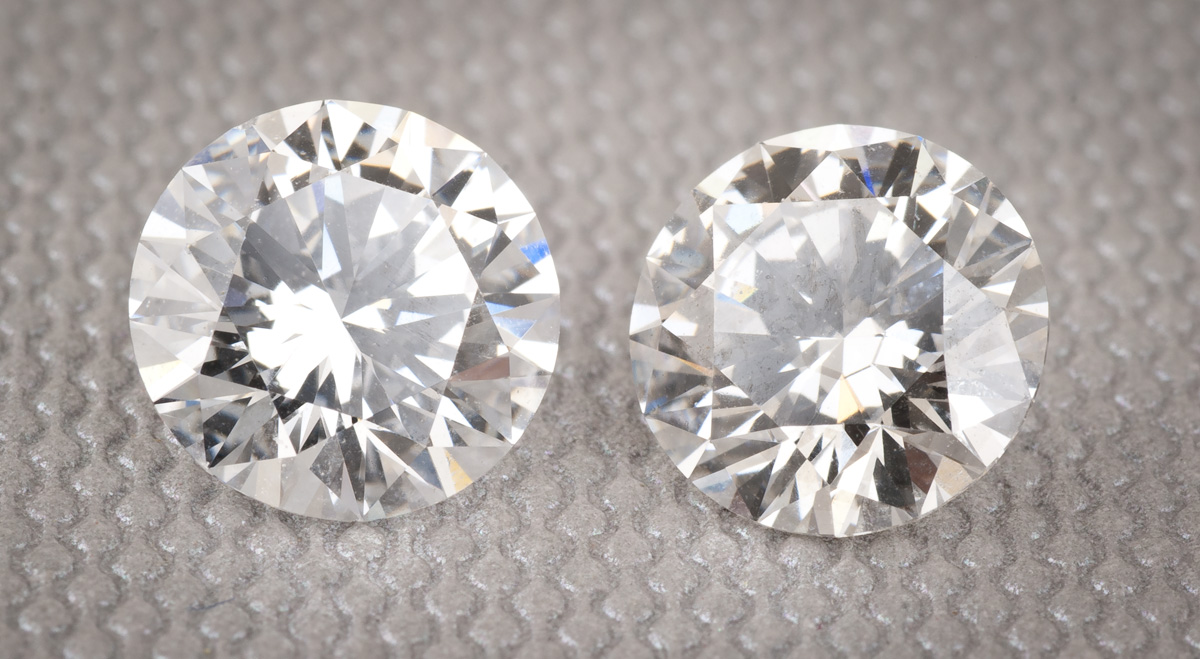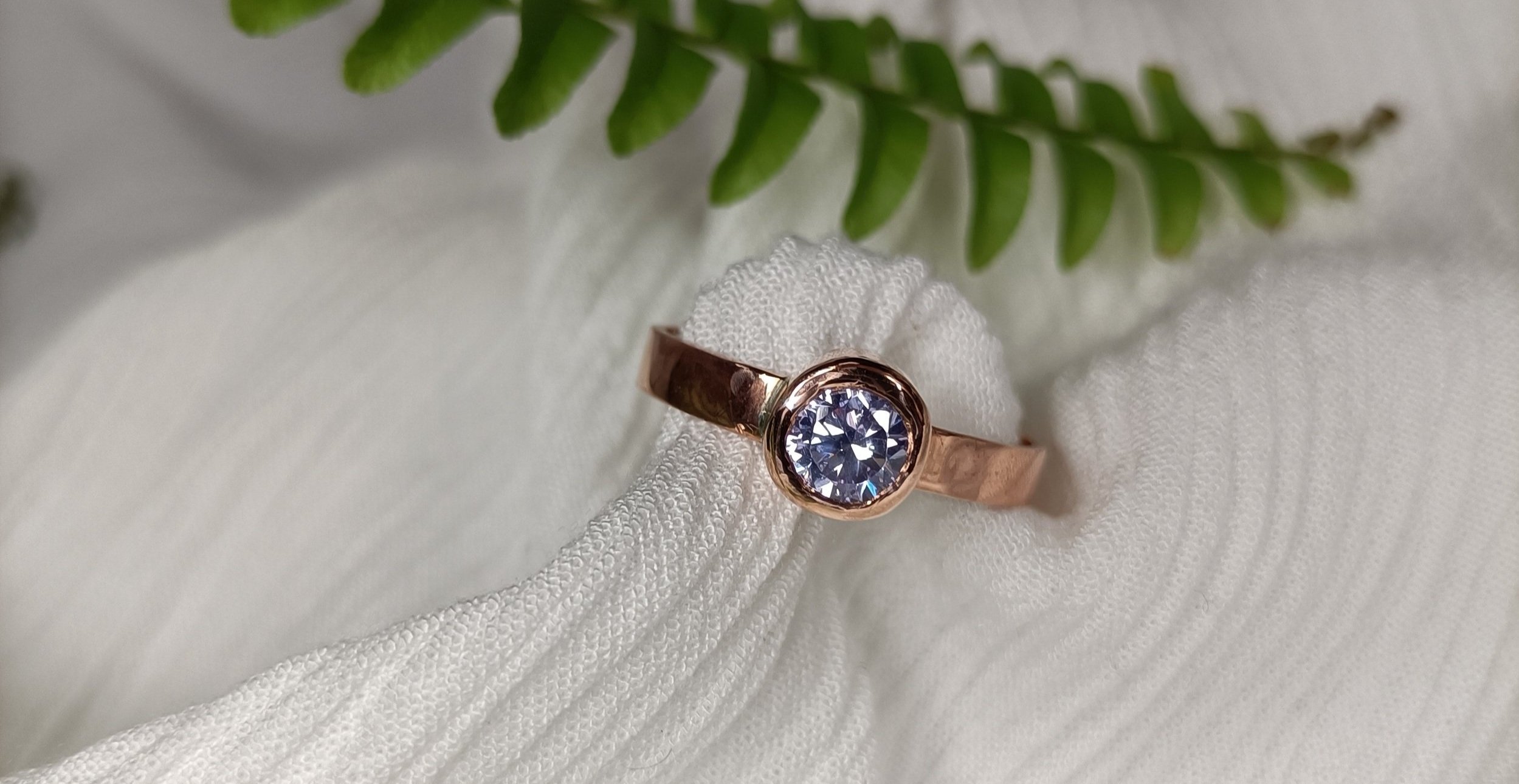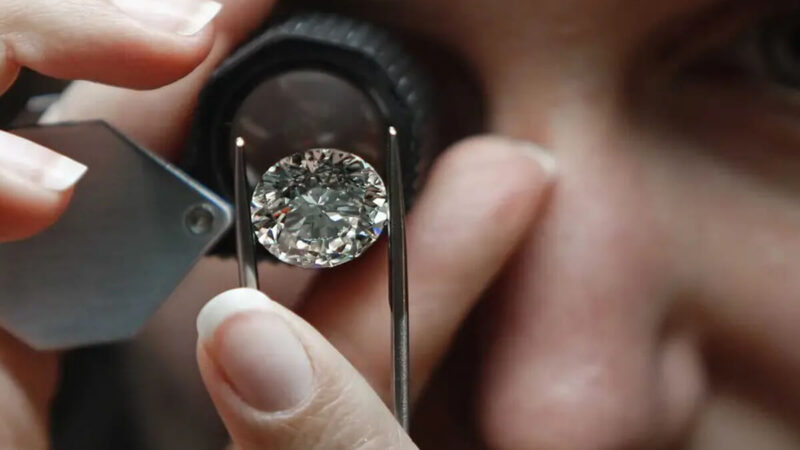In recent years, lab-grown diamonds have emerged as an alternative to mined diamonds, with many claiming that they are more ethically and environmentally friendly. But is this the case?
In this article we will take a closer look at the ethical implications of lab-grown diamonds, analyzing their impact on workers in diamond mining countries and exploring whether or not these stones can truly be considered “green” alternatives. In addition, if you want to learn more about their uses, we suggest checking out lab diamonds uk!
1. Introduction to Lab-Grown Diamonds

The Ethics of Lab-Grown Diamonds: A Closer Look is an article about lab-grown diamonds and how they compare to traditionally mined diamonds. The article discusses the environmental impact, ethical considerations, and economic cost associated with each type of diamond.
It also examines the differences between natural and laboratory-created diamonds in terms of their physical properties, such as clarity, color, and cut quality. Finally, it looks at the various markets where lab-grown diamonds are popularly purchased.
By examining all these aspects of lab-grown diamond production on both a personal level and a macroeconomic scale this article aims to provide readers with a comprehensive understanding of the ethical implications surrounding them.
2. Understanding the Ethical Implications of Lab Grown Diamonds
Lab-grown diamonds have been making headlines lately, as they offer an ethical alternative to mined diamonds. Lab-grown diamonds are created in a laboratory setting and use the same chemical composition and physical properties as natural stones.
The ethical implications of lab-grown diamonds are worth exploring, as the production process has some advantages over traditional diamond mining practices. Some advocates argue that lab-grown diamonds reduce the environmental impact associated with diamond extraction from deep underground mines, while others point to potential human rights abuses in these operations.
Additionally, proponents of lab-grown diamonds suggest that their lower costs can create more accessibly priced jewelry options for consumers who may not be able to afford mined gems
. On the other hand, opponents contend that man-made stones lack the value or beauty of naturally occurring gemstones and could harm sales of already established brands selling authentic jewelry pieces. There is still much controversy surrounding this topic and further discussion are necessary before any real consensus can be reached on its merits.
3. The Pros and Cons of Lab-Grown Diamonds

The debate over the ethics of lab-grown diamonds has been intensifying as these synthetic stones become more popular. On one hand, lab-grown diamonds are created in a laboratory setting and therefore do not come with the environmental and social impacts associated with mining for natural diamonds.
On the other hand, some worry that lab-grown diamond production can be unsustainable or unethical if it involves using technology from nations known to have questionable labor practices, or results in waste materials being released into the environment during production.
As such, it is important to take a closer look at both sides of this issue before making any decisions on whether or not to purchase a lab-grown diamond.
4. Environmental Impact of Lab-Grown Diamonds
Lab-grown diamonds have become increasingly popular in recent years due to their ethical production and environmental impact. While they are virtually identical to mined diamonds, lab-grown diamonds employ a much more sustainable process of production that does not involve any mining or potential harm to our planet’s environment.
Lab-grown diamonds use only a fraction of the energy compared to mined diamond production, while still creating a product with the same properties as its natural counterpart. Additionally, there is no risk of damaging surrounding ecosystems during their creation, making them an extremely environmentally friendly product.
Furthermore, many experts believe that in time these lab-created gems may even be less expensive than traditionally mined stones as well due to the lower overhead costs associated with producing them.
5. Social Responsibility in the Production of Lab-Grown Diamonds
Lab-grown diamonds are becoming increasingly popular, as they offer a more sustainable and ethical alternative to mined diamonds. While the production of these diamonds is far less destructive than traditional diamond mining, there remain important ethical considerations when it comes to the production process.
One key area of concern for ethically conscious consumers is social responsibility in the production of lab-grown diamonds. Companies should ensure that their employees are treated fairly, given safe working conditions, and paid a living wage.
Additionally, companies should strive to source materials used in the production process from suppliers who uphold responsible labor practices. By taking steps towards social responsibility in their operations, companies can help bolster consumer confidence in lab-grown diamonds as an ethical product choice.

Conclusion
In conclusion, the ethical implications of lab-grown diamonds are complex. While they offer advantages such as lower cost and reduced environmental impacts, there are still questions about their impact on diamond miners and the value placed on natural diamonds.
For those interested in purchasing a lab-grown diamond, it is important to do research into its ethics and make sure you understand where your money is going before making any purchases. Lab-grown diamonds may not be for everyone but can provide an interesting alternative to traditionally mined diamonds for some buyers.


